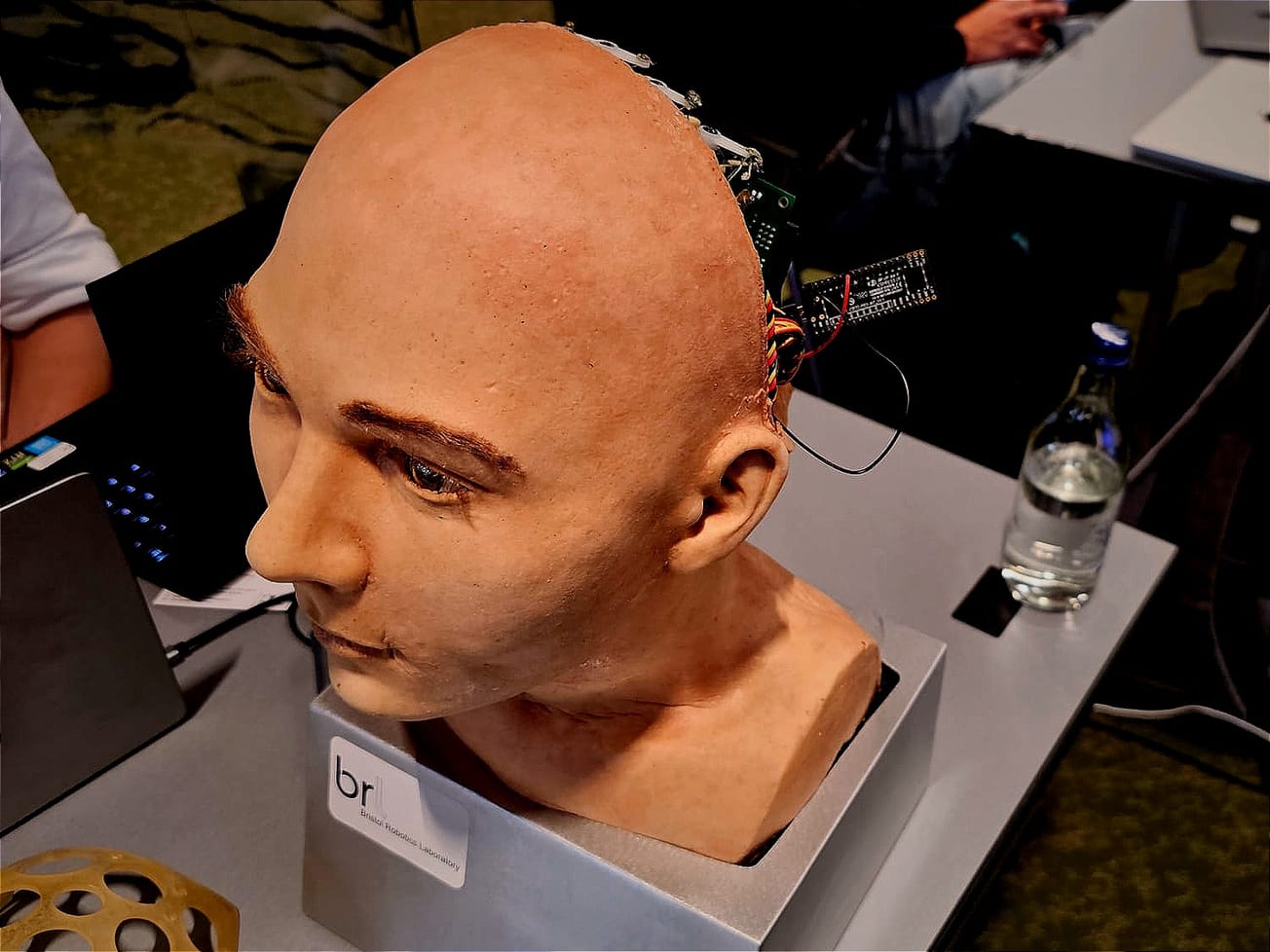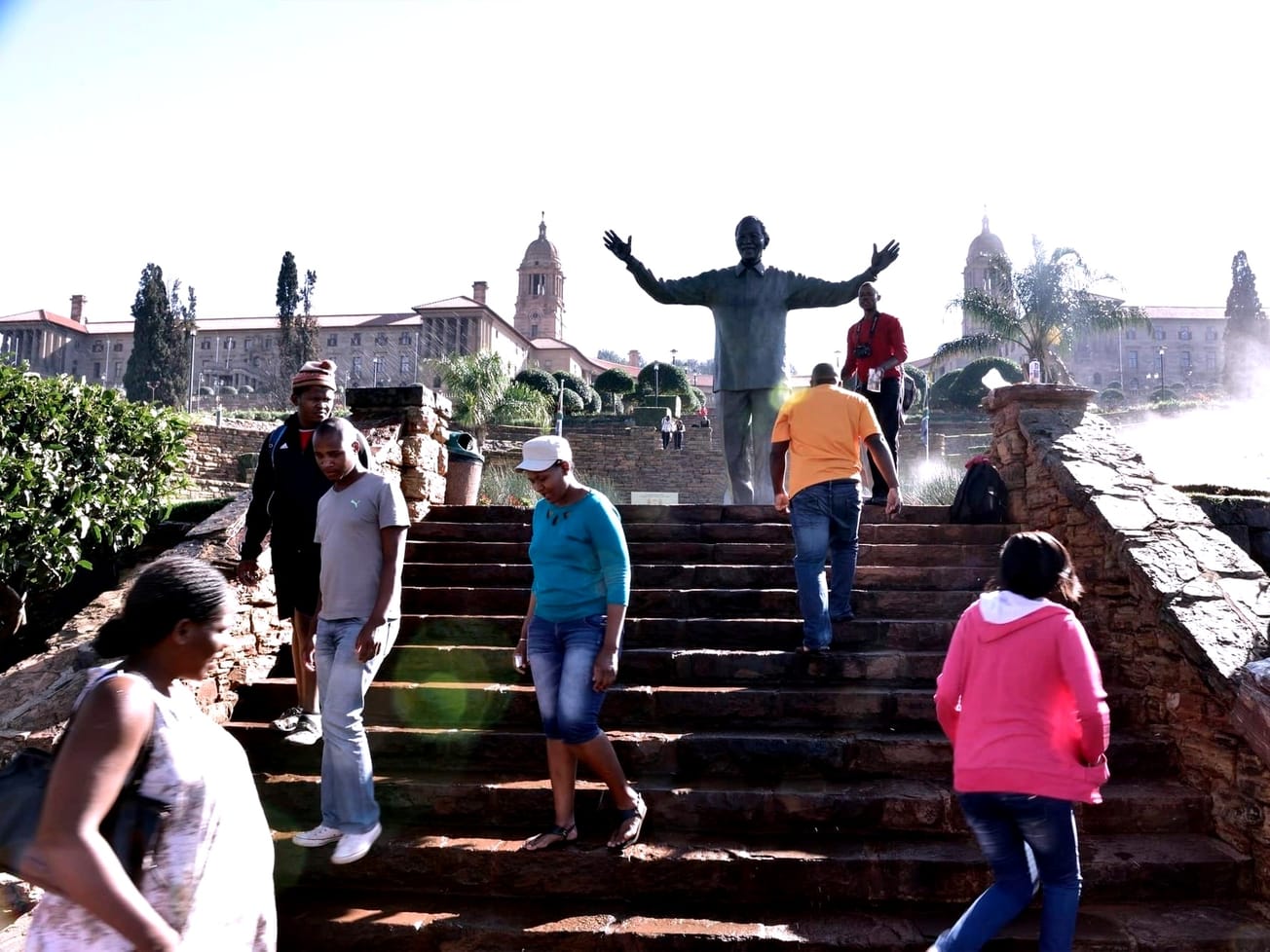GENEVA (AN) — An international organization that gave rise to the World Wide Web marked the 30th anniversary of a globe-spanning invention with celebrations and calls to reboot its basic principles.
On March 12, 1989, while working at the European Organization for Nuclear Research, British computer expert Tim Berners-Lee, then 33, published his first proposal for an internet-based hypertext system to link and access information across different computers.








